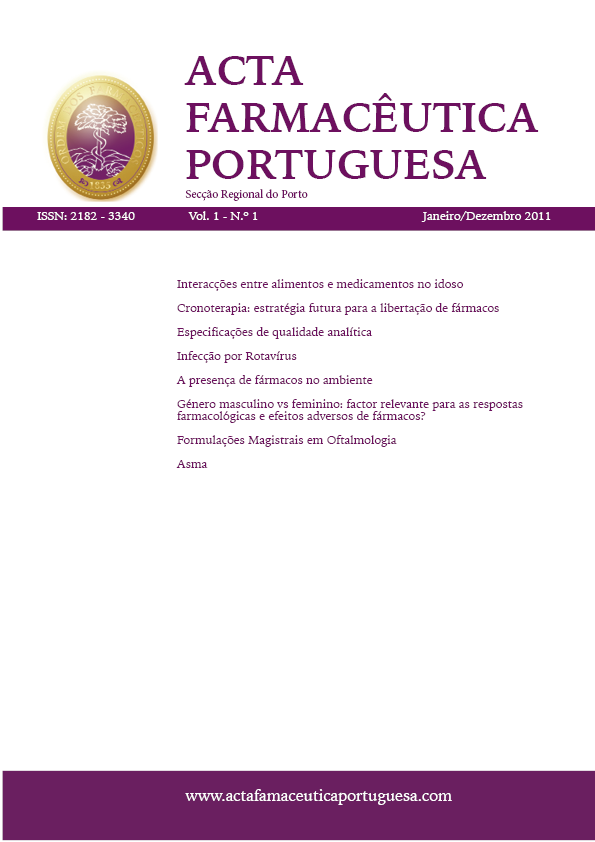Adesão à terapêutica: Osteodistrofia Renal
Abstract
Medicine adherence is a qualitative indicator in health systems with the aim of providing a safe and effective care; it is particularly relevant in chronic diseases. Therapeutic strategies currently adopted for the treatment of chronic kidney disease, associated co-morbidities and complications often involve the use of a
large number of drugs which affects the patient’s adherence. In fact, the compliance failures in this pathology lead to increased hospitalizations, adverse reactions and progression of the illness. Therefore, evaluation and implementation of strategies for promoting adherence are essential.
Pharmacist has a key role in promoting adherence through counseling, behavioral intervention, among other interventions that have being proven effective.
In this article we propose an intervention model in renal osteodystrophy in chronic kidney patients in hemodialysis. It ́s a two steps model: evaluation of adherence and intervention of a multidisciplinary team (doctor, pharmacist, nurse, dietitian and social worker) to assess and promote compliance and afterwards follow-up to evaluate the strategy.
The target population is chronic kidney disease patients on hemodialysis, with dialysis sessions and on therapy for renal osteodystrophy for more than 6 months and have analytical parameters not controlled. The implementations of a questionnaire/interview allow the assessment of variables (socio-demographic, family-related, with health services and knowledge about the disease, clinical). The methodology to assess adherence proposed is the adaptation of the simplified scale to detect adherence problems. Knowledge of factors allows outlining a program to promoting adherence on non-adherent patients in different levels with interventions recorded in form.
The proactive intervention of the pharmacist in chronic kidney patients will lead to a decrease on number of hospitalizations and number of administered drugs, promoting the appropriate use of drugs by the patient and improving clinical outcomes.


